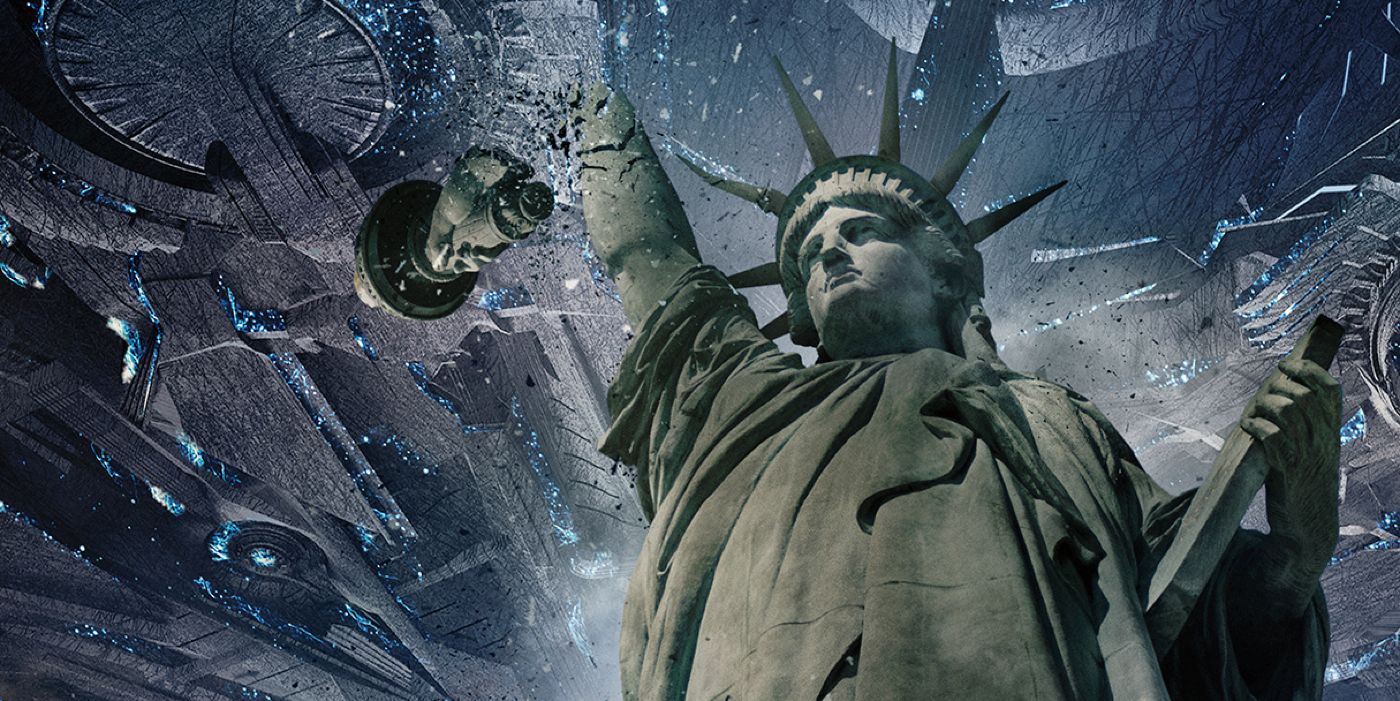

There is very little allegory to be considered here. Independence Day, though? It is many, many things smart, however-all the film’s talk of mid-’90s computer science notwithstanding-is not one of them. Independence Day is a dumb movie that came along before even dumb movies were expected to be smart. They require some work on the part of their audiences. Zootopia and profiling, Finding Dory and disability, Civil War and regulation, Batman versus Superman, Captain America versus Iron Man, even Aliens versus Robots-recent blockbusters, for all their explosion-happy antics, have invited and in some sense have demanded a measure of thought and extrapolation and analysis. Films that prefer to dwell, pleasantly and invitingly, in the realm of the figurative. Whether their formulas result from the demands of “global box office” or from a more artistic impulse toward allusion and allegory, the result is generally the same: movies that evade the specificities of the world beyond the movie. Comic-book heroes, animals, cartoons-characters who are either superhuman or sub-populate plots that march toward balletic fights and gymnastic chases and enormous explosions. Today, the trend in summer blockbusters is toward a kind of contextual ambiguity.

It’s a dumb movie that came along right before even dumb movies were expected to be smart. Independence Day ages well not because it transcends its time, but instead because it is so deeply a relic of it. It remains what they refer to in the jargon of critical theory as “a delightful romp.” And that’s not just because the film features Will Smith at Peak Charm, or Jeff Goldblum at Peak Goldblum, or Egg from Arrested Development, or the mom from Gossip Girl, or the dad from The Wonder Years, or a psychologically satisfying message about the enduring power of teamwork.
#WHAT IS THE INDEPENDENCE DAY MOVIE ABOUT MAC#
Independence Day ages, its storyline’s heavy reliance on the battery life of a Mac PowerBook 5300 notwithstanding, surprisingly well.

War Anxieties Loomed Over SNL Spencer KornhaberĪnd yet. And its decidedly poor grasp of how humans might react, psychologically, to the world’s major cities and their occupants being destroyed by aliens. Its Team America-but-without-the-irony militarism. (“Look at me, I look like a schlemiel!” a character says at one point.) Its shameless product placement (Coke, Reebok, Apple, etc.). (Roger Ebert, reviewing both the film and the plan its characters concoct for saving the world: “My theory is that any aliens who could be taken in by this particular plan probably arrived here after peddling across space on bicycles.”) There’s also its blithe reliance on tired stereotypes. And that its plot, when picked apart, makes no sense at all. There’s the fact that several of its key elements, production- and otherwise, were lifted from War of the Worlds, Alien, Star Wars, Top Gun, and Planet of the Apes. There are many, many complaints you could make about Independence Day-the original one, the only one that matters, the one released at the height of the summer of 1996.


 0 kommentar(er)
0 kommentar(er)
